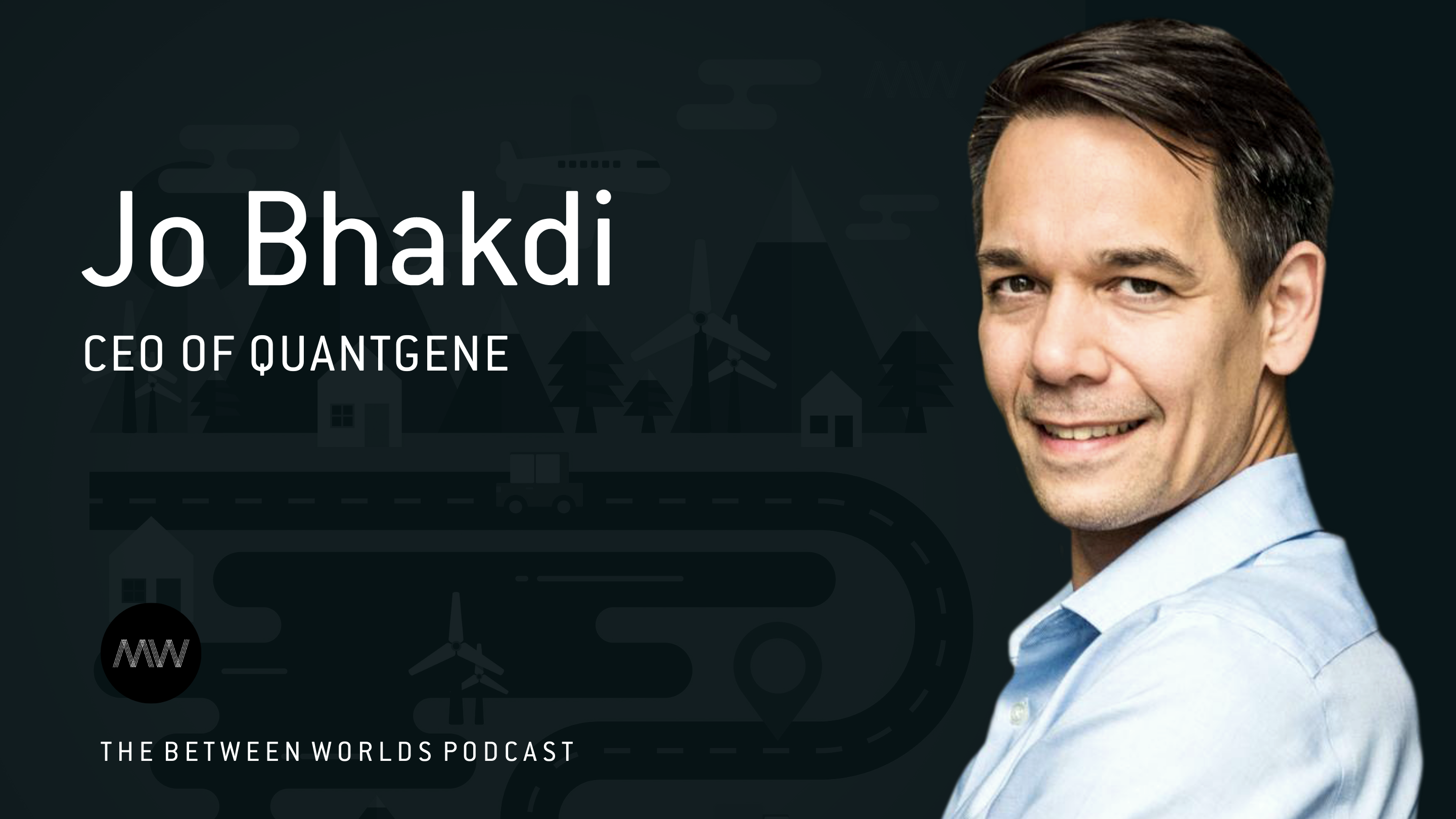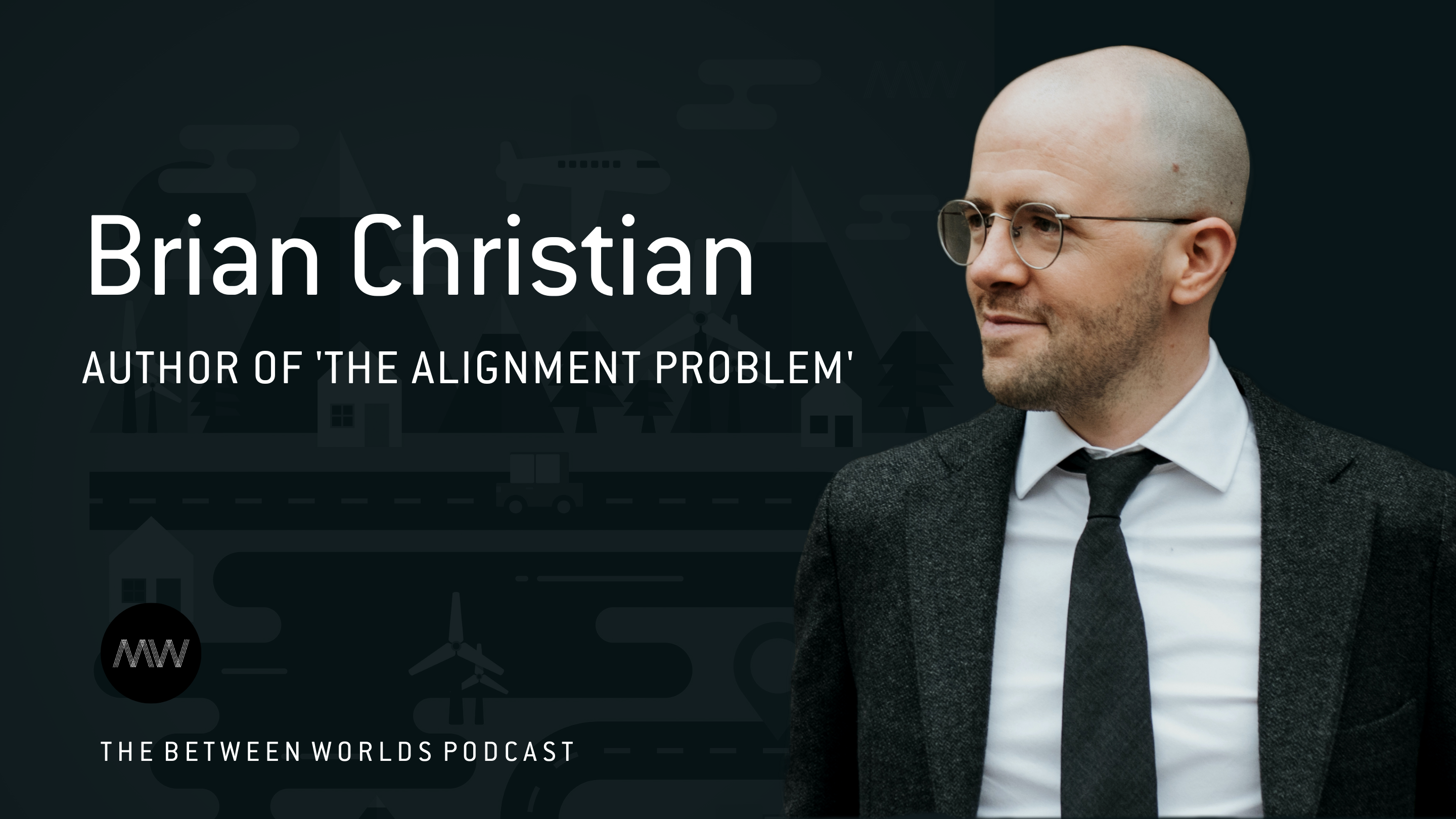
I recently caught up for a morning coffee with Charles Sansbury, CEO of Cloudera. We spoke about how AI is changing how leaders view data infrastructure and the significance of organizations capable of operating at exascale. Charles shared how his conversations with Fortune 50 companies have shifted from theoretical AI applications to practical concerns about return on investment, data quality, and infrastructure. A key part of this transition is the emerging trend of ‘private AI’ - targeted models trained on proprietary company data.
In our discussion, we explored the changing dynamics between Cloud and on-premises solutions, with Charles noting that many large companies are reconsidering on-premises options due to rising energy and compute costs. He emphasized that while Cloud adoption continues to grow broadly, the largest enterprises are taking a more nuanced approach based on cost, security, and manageability concerns.
Our discussion concluded with reflections on leadership in the AI era, the importance of team-based goals, and how organizations might structurally evolve as AI automates entry-level positions while creating new opportunities.
Key Insights
1. Data quality and infrastructure are becoming strategic priorities as companies realize that AI models require well-organized, high-quality data to deliver useful results.
2. ‘Private AI’ (models trained on proprietary company data) is emerging as the preferred architecture for large global corporations, offering better performance and security than models trained on generic public data.
3. The promised cost savings of the cloud have not always materialized for large enterprises, leading to a reevaluation of on-premises solutions for workloads that run consistently at scale.
4. Executive leadership should focus on "doing more with the same" rather than downsizing, using AI to enhance productivity through code generation, content creation, and automated processes.
5. Future-ready organizations need team members who have weathered both success and challenges, who understand the consequences of their decisions, and who actively experiment with emerging technologies like AI.





